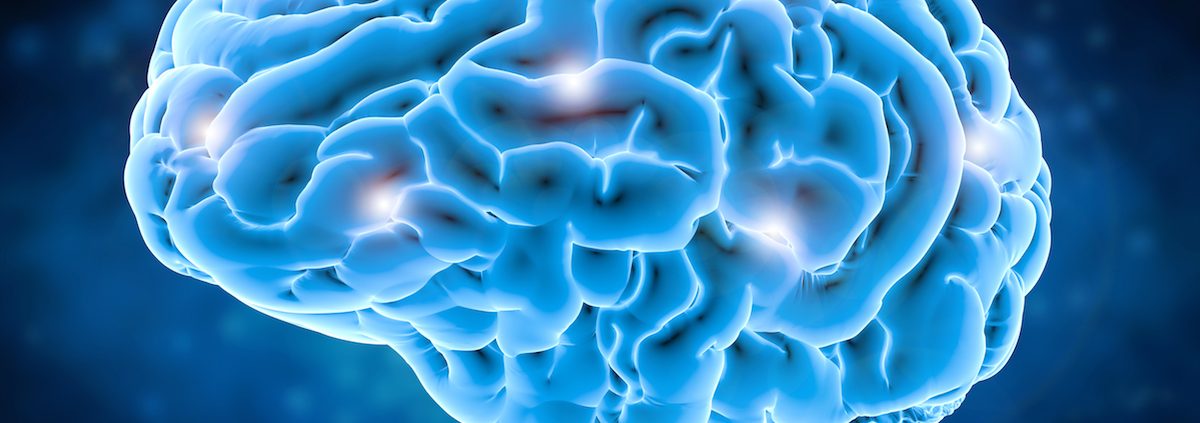Neurodegeneration from a Functional Perspective
Neurodegeneration/neurological disease affects neurons (the building blocks of the nervous system in the brain and spinal cord) and includes Multiple Sclerosis, Parkinson’s, Alzheimer’s and Motor Neurone/Lou Gehrig’s disease/ALS.
Modern medicine uses medications to control symptoms. Whilst this is naturally the first line of treatment offered, investigating why neurodegeneration has developed is often not given the attention it deserves.
The functional approach to health is all about causation i.e why does something happen? The body consists of multiple interconnected sophisticated systems, that when working efficiently, promote optimal health. It is now clear that there is a ‘gut/brain axis’, which consists of bidirectional mechanisms of communication between these two distinct nervous systems. This includes a physical connection via the vagus nerve, compounds produced by gut bacteria that may access systemic circulation due to increased ‘leakiness’ of the gut and gut derived immune system chemical messengers/neurotransmitters and hormones. Why does this matter? In Parkinson’s, for example, constipation is now believed to be a very early symptom and the data suggests that being constipated increases the risk of developing Parkinson’s by up to 4 times; there is also evidence that alpha-synuclein clumps start in the gut and travel to the brain via the vagus nerve. What happens in the gut does not stay in the gut!
It is essential to construct a holistic functional picture in order to be able to provide the appropriate intervention. Functional testing is an important part of this picture.
The health of the digestive system is fundamental (cells require access to 250 different micronutrients (vitamins/minerals) to function properly, which depends on optimal digestive capacity even if eating ‘well’ – we are not what we eat, we are what we absorb), toxic and bacterial/viral load (how is the immune system responding to these environmental challenges), gluten sensitivities (coeliac/non coeliac gluten/wheat sensitivities), unidentified food sensitivities (which can contribute significantly to overall levels of systemic inflammation), histamine and gut barrier permeability (‘leakiness’).
By combining this data with conventional medical data, a personalised and targeted intervention can be implemented alongside any current modern medical programme, providing the client with a much greater opportunity to regain control of their health.
Finally, it is perfectly possible for gluten on its own to drive neurodegeneration. ‘Gluten sensitivity can be primarily and at times exclusively a neurological disease’ – Gluten Sensitivity as a Neurological Illness – Journal of Neurology, Neurosurgery and Psychiatry 2002.


 RT
RT 

Leave a Reply
Want to join the discussion?Feel free to contribute!